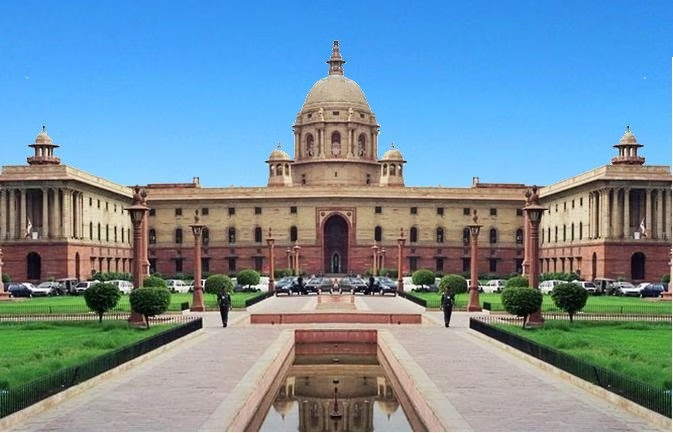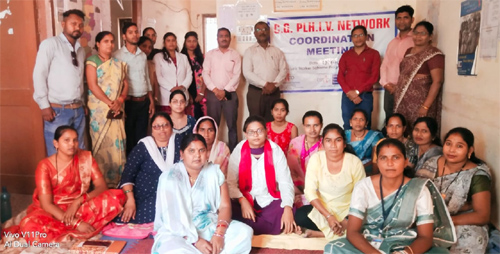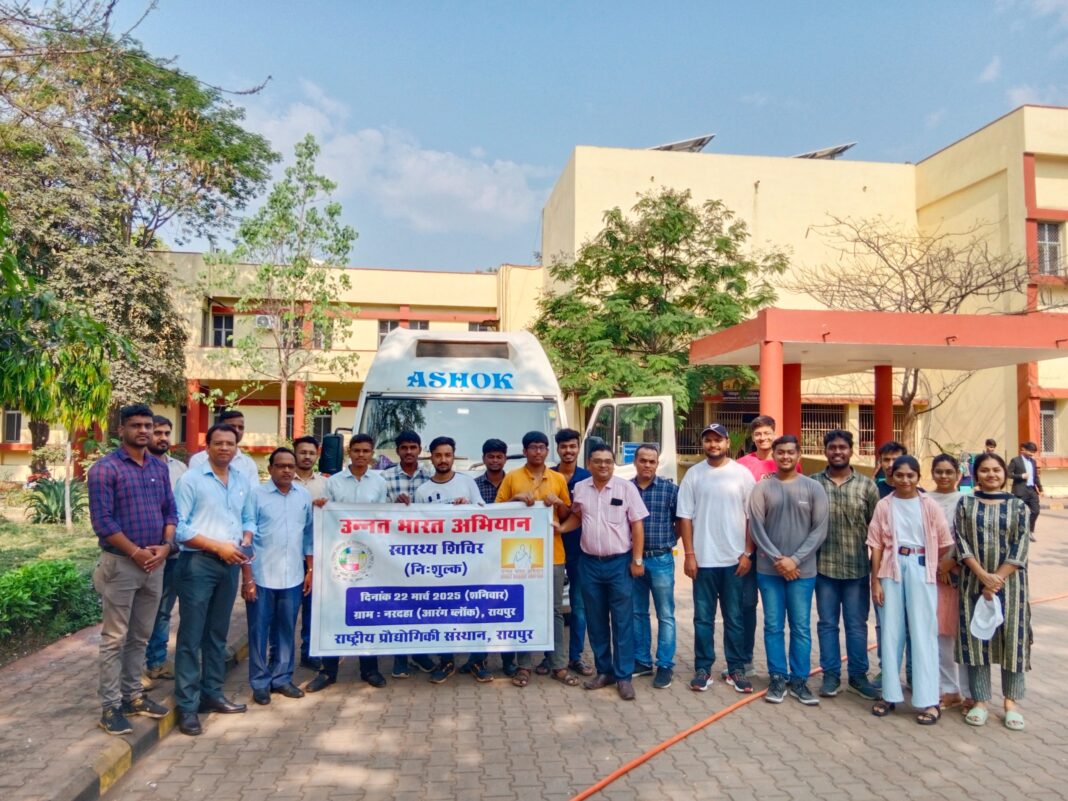Published on: March 25, 2025
Location: New Delhi, India

The Ministry of Home Affairs (MHA) has expanded the list of acceptable documents under the Citizenship (Amendment) Act (CAA), 2019, making it easier for applicants to prove their foreign origin. The recent CAA Document Guidelines allows applicants to submit records issued by Indian authorities, easing concerns for many individuals seeking Indian citizenship under the CAA framework.
New CAA Document Guidelines Offer Greater Flexibility
In a significant policy shift, the Union Ministry of Home Affairs has amended Schedule 1A of the Citizenship (Amendment) Act Rules. Applicants can now submit any document issued by the State or Central government or any quasi-judicial authority in India to establish their roots in Afghanistan, Bangladesh, or Pakistan.
Previously, the CAA mandated applicants to present documents solely from Afghan, Bangladeshi, or Pakistani authorities. This move is aimed at addressing practical difficulties faced by applicants who fled these countries without proper documentation.
“CAA is a facilitative law and its spirit has to be understood while processing the applications,” stated the MHA in a communication to officials.
Key Highlights of the CAA Amendment
- Schedule 1A now permits land records, judicial orders, and similar documents issued by Indian authorities as valid proof of ancestry.
- An “etc.” clause has been added, offering discretion to officials when reviewing documents.
- Local priests or a “locally reputed community institution” may certify an applicant’s religious affiliation.
- The amendment is expected to streamline application processes for communities lacking formal documentation.
Context and Impact of the Amendment
The change comes amid ongoing concerns, particularly in West Bengal, where many refugees from Bangladesh arrived post the 1971 Liberation War with minimal paperwork. The move is anticipated to benefit communities such as the Matua and Namasudra, who number around 2.8 crore in West Bengal alone.
According to an MHA letter accessed by The Hindu, the ministry clarified that documents accepted under Sr. No. 8 of Schedule 1A now include “any document issued by the Central Government/State Government/any Judicial or Quasi-Judicial body in India such as land record, judicial order, etc., identifying that the applicant or their ancestors had been nationals of Afghanistan, Bangladesh, or Pakistan.”
“The above clarification may be taken note of while deciding any citizenship application under CAA, 2019,” the letter emphasized.
Political and Social Implications
The Citizenship (Amendment) Act, passed in December 2019, was designed to facilitate citizenship for six non-Muslim communities — Hindu, Sikh, Buddhist, Jain, Parsi, and Christian — from Afghanistan, Bangladesh, and Pakistan, who entered India before December 31, 2014.
Despite the intent, the CAA faced hurdles during the 2024 Lok Sabha elections, particularly in Bengal, where Trinamool Congress’s narrative led to hesitancy among potential applicants. Many possess documents like election cards and passports but were wary of the legal implications.
While Hindu migrants from Pakistan have typically not faced issues due to valid travel documents, Bangladeshi migrants, especially in border states like West Bengal, are expected to benefit substantially from this regulatory flexibility.
Background on the Citizenship (Amendment) Act, 2019
- Introduced in: December 2019
- Eligible communities: Hindu, Sikh, Buddhist, Jain, Parsi, Christian
- Target countries: Afghanistan, Bangladesh, Pakistan
- Eligibility cutoff date: December 31, 2014
- Residency requirement reduced from 11 to 5 years
The CAA Rules were officially notified on March 11, 2024, just ahead of India’s general elections.
FAQ Section
What is the latest change in the CAA documentation guidelines?
The MHA has allowed applicants to submit documents issued by Indian State or Central authorities as proof of foreign origin under Schedule 1A.
Who will benefit most from this amendment?
Refugees from Bangladesh, especially from the Matua and Namasudra communities in West Bengal, are expected to benefit significantly.
Does this change affect all six non-Muslim communities listed under the CAA?
Yes, it applies to Hindu, Sikh, Buddhist, Jain, Parsi, and Christian applicants from Afghanistan, Bangladesh, or Pakistan.
Why was this amendment introduced now?
The amendment addresses long-standing concerns over the lack of documentation among refugees and aims to streamline the citizenship process.




